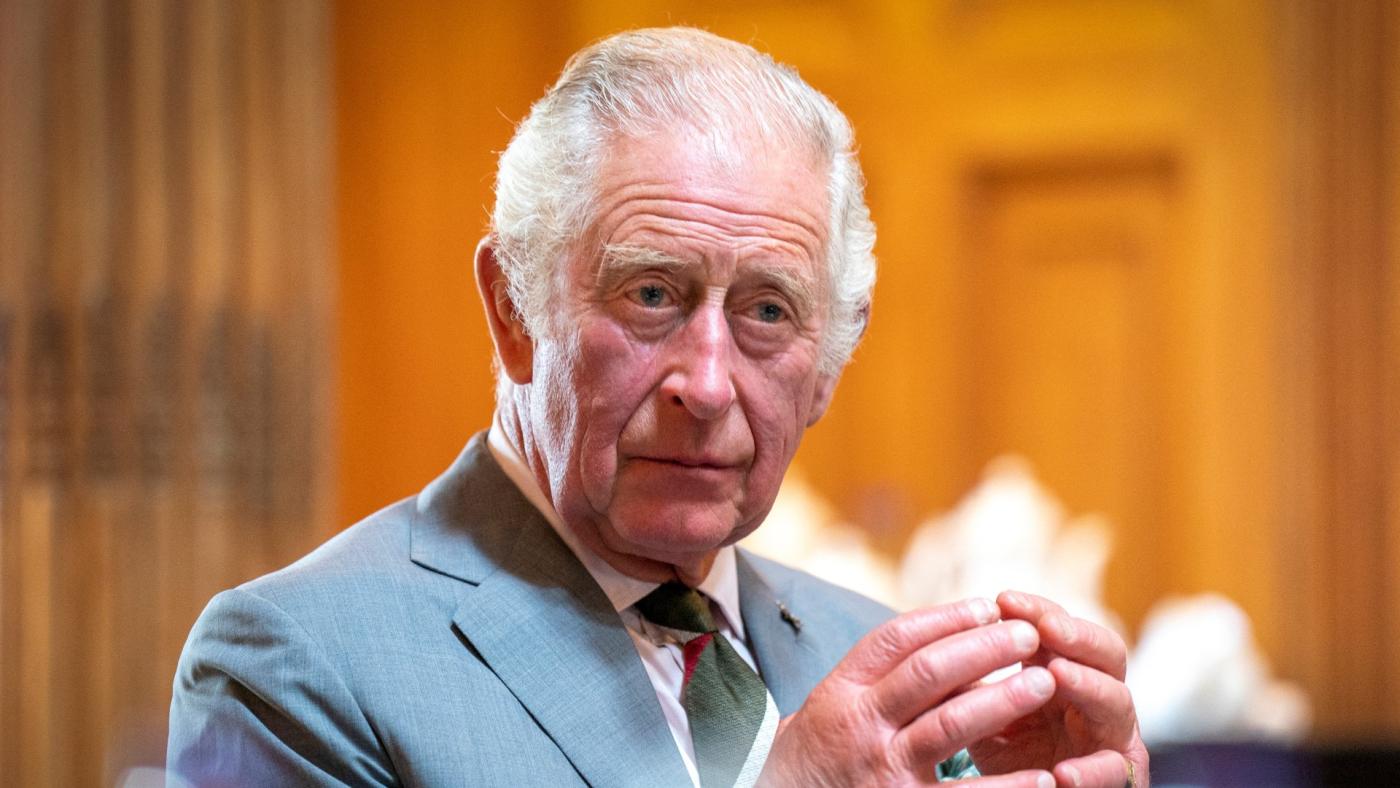Having undertaken the “most significant domestic program by any Western country to foster a moderate version of Islam and prevent radicalization,” said James Brandon, former head of research at the Quilliam Foundation, “the UK has effectively given up trying to stop jihadists from being created.”
Part of the difficulty is in identifying those who might launch attacks in Britain or be drawn to fight in Iraq or Syria. A study by researchers at Queen Mary University lists the social groups most susceptible to extremism: people suffering from depression, those who are isolated and, surprisingly, those whose families have lived in Britain for several generations and are financially well off. The findings chime with other studies. Religious ideology does not appear to be a major influencing factor. Many of those seeking to fight in Syria and Iraq have poor knowledge of Islam. They are motivated by images they have seen online or are lured by a sense of adventure.
The crucial battleground in the radicalization struggle is the internet, and it’s a fight the authorities have been losing. What is needed instead is a propaganda war to undermine the message of extremists, said Julian Lewis, a member of parliament’s Intelligence and Security Committee, the body charged with overseeing the work of Britain’s security agencies. But, Muslim groups say little or no progress can be made on radicalization until politicians confront the elephant in the room – the foreign policy of Britain and its allies.
Britain is losing the fight against Radicalisation






